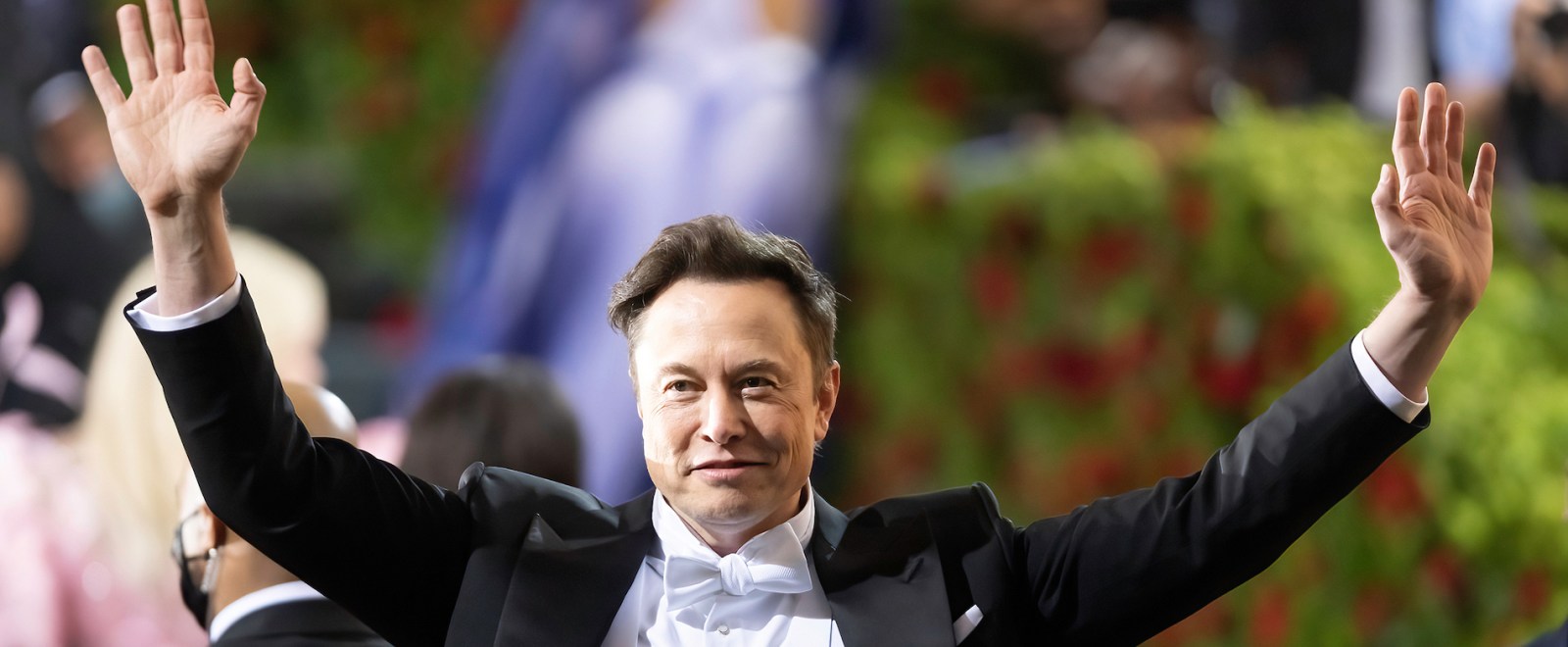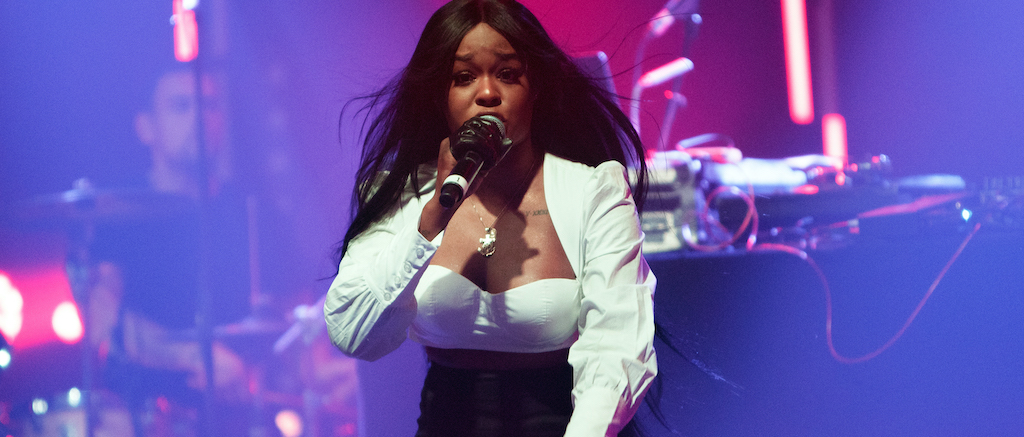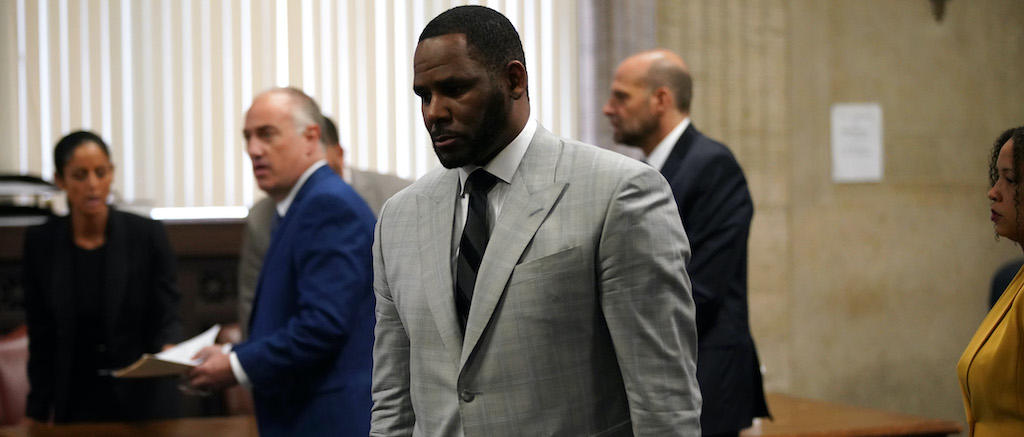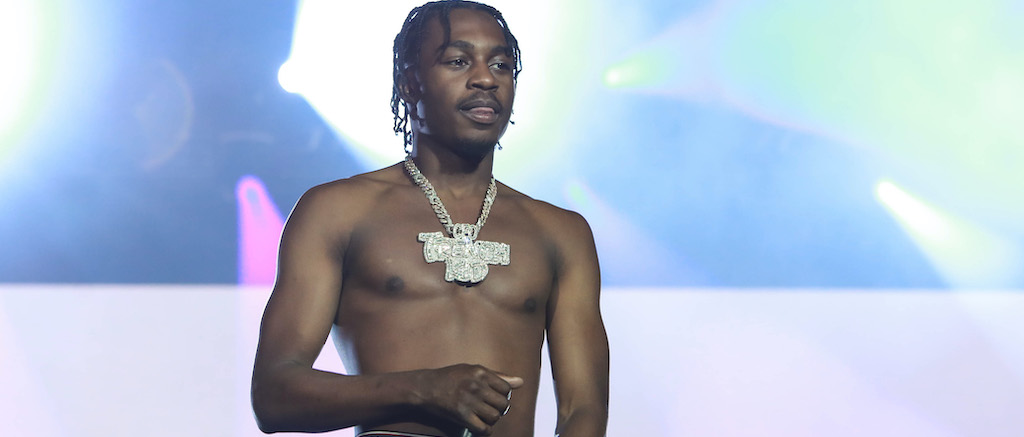By now, you’ve probably already heard about the virtual rapper FN Meka, who was signed to Capitol Records a few weeks ago, and promptly dropped once folks on Twitter heard about it. Now, you may understand the backlash against the project. You might also be wondering what the fuss is about. Don’t worry; I’ll get into all that. But, besides recounting all the reasons that the project was so offensive and concerning for both Black activists on Twitter and real-life artists, I’m more interested in looking into just how we got here… and why this probably isn’t the last we hear from FN Meka or other projects like it.
Let’s get the “offensive” part out of the way. There are two parts here; one is the idea that creativity can be automated like so many other industries, forcing true artists to compete with digital facsimiles or become obsolete. The other part stems from just what FN Meka is, where it takes its inspiration from, and who seems to be getting mocked in the process.
As far as the automation thing goes, that’s pretty straightforward. We’ve already seen the harm to workers that new tech can cause and the greed that seemingly fuels its adoption. Why pay a living, breathing human being who might get sick, tired, or just not feel like doing their job on any given day when you can get a robot to do the same job as quickly, without complaining, sleeping, or taking breaks? Fun fact, the word “robot” literally means “slave.”
Record contracts are already onerous and difficult to wrangle for both record labels and artists. The idea of a virtual artist, whose songs are written by a machine learning algorithm, is probably attractive as a cost-cutting measure for people who see art as more of a commodity than a public good – and for what it’s worth, it does sort of feel like the end result could wind up being the same… if not now, than at some point in the future. It still seems like a slap in the face to artists who’ve been grinding for years.
Meanwhile, FN Meka itself is, well… to put it bluntly, it’s a racist caricature of a rapper based on controversial renegades like Tekashi 69. In a Twitter Space hosted by journalist Sowmya Krishnamurthy, rapper Dupree GOD called Meka an example of “digital blackface,” pointing out how its appearance seems stitched together out of the worst stereotypes of Black people. Furthermore, Factory New, the design group behind the character, seems to have fed only the worst of SoundCloud rap into its learning algorithm, generating lyrics that only reinforce the most reductive and toxic tropes in rap.
Those lyrics are then recited by a human, yes. But this entire process devalues and undermines the human element when those lyrics aren’t representative of anyone’s lived experience. It’s the sort of cultural appropriation I have been writing about for years on steroids. Instead of putting the words and culture of Black artists into the mouths of performers of different races – a recent, egregious example being “Pink Venom” from K-pop group Blackpink – a team of designers has created an avatar that can be used to regurgitate these tropes instead.
That Capitol signed FN Meka just two years after record labels collectively vowed to do better by Black people rubs salt in the wound. During Krishnamurthy’s Twitter Space, Billboard reporter Hero Mamo responded to the statement Capitol released announcing it had dropped FN Meka saying, “Two years later and labels are still sorry about how they treat Black people and depictions of Blackness.”
But FN Meka didn’t just appear from thin air one day. It’s the result of a longer process of both cultural and technological shifts that have already begun to change the face of the music business and there might not be any going back. Meka is the culmination of years of such baby steps in this direction, from the cultural appropriation within the gaming industry to machine learning experiments within the music industry as artists and labels try to take advantage of advances in AI to engage with fans – and potential consumers.
You might think FN Meka looks a lot like a character from Fortnite or League of Legends. That’s no accident. If you want to sell such a concept to an audience, you don’t start with fans whose tastes are cemented, who would naturally be wary of what appears to be a cartoon avatar version of a rabble-rousing goofball like Tekashi 69 (who is also, let’s not forget, very popular due almost entirely to his own commitment to controversy). You go to pre-teens, the folks whose music tastes are still being formed. And these days, you’d be hard pressed to find a 12-year-old whose face isn’t pressed into a screen playing these games for at least a couple of hours a day.
Some of those seeds have already been planted. Fortnite has had little kids engaging with hip-hop – or at least, a version of a small sliver of it – for years, from the dances appropriated from rappers to the guest appearances of performers like Travis Scott within the game. In fact, one of FN Meka’s first songs, “Florida Water,” was a collaboration between a popular entity within the gaming community, Clix, and Gunna, who was likely brought on board to lend an air of legitimacy to the proceedings. (That Gunna is currently in jail for the sort of lyrics that FN Meka apes without regard for the true meaning behind them is a cruel irony.)
Furthermore, the gaming industry could arguably be recognized as ground zero for the “virtual rapper” archetype. In League Of Legends, another team-oriented action game with a sizable fan community, there’s a band called True Damage. Its members have their own backstories and personal histories within the game, but they’re voiced by actual musicians from the real world, including a nascent Becky G, Keke Palmer, and K-pop rapper Soyeon. Now, this concept is a far cry from the offensive stereotyping that defines FN Meka, but it undoubtedly opened the door.
But Ground Zero for the “fictional performer” category might well be Gorillaz, the fictional band cooked up by Damon Albarn and Jamie Hewlett. FN Meka’s defenders – who mostly consist of its creator, Anthony Martini, a music impresario who’s worked with acts like Gym Class Heroes and Lil Dicky – have compared Meka to Gorillaz in an effort to justify its backstory, which includes a tone-deaf Instagram post of the character being brutalized by a police officer. The difference here is in execution; while Gorillaz are meant to be a whimsical cartoon band existing in their own universe, like Josie and the Pussycats, they still have real musicians behind them. Meka is clearly meant to represent someone’s idea of rappers and by association, Black people. And, they clearly don’t have a high opinion of either, as evidenced by just which rappers Meka’s algorithm synthesizes.
The comparison might be apt in another way, though. Gorillaz have had a successful, 20-year career despite not technically being a “real” band – and while FN Meka might have lost its shot at cultural relevance, there’s obviously interest in fictional or virtual artists. Gorillaz have a huge, heavily invested fanbase who love to dig into the lore behind them, as I learned at Demon Dayz Festival a couple of years ago. A version of FN Meka minus the racial caricature and with a rich backstory of its own would obviously appeal to generations of kids raised on Marvel movies and Fortnite dances.
And the technology behind projects like Meka gets more sophisticated by the day. There are machine learning bots that have imitated songs from the likes of Eminem and Travis Scott, and while the lyrics were mostly gibberish, you could argue that human artists have already devalued the importance of lyrics that make sense in the first place (driven, as always, by capitalistic motives – if the labels only sign nonsensical SoundCloud rappers, where is the incentive to be a J. Cole or Chance The Rapper-esque lyrical miracle?). Not to harp on K-pop’s seeming obsession with sampling bits of Black American culture stripped of their context, but I really need someone to explain what “Kick in the door, waving the coco” is supposed to mean.
Pop music has always been largely manufactured to stimulate the pleasure centers in the brain, regardless of depth or meaning. Likewise, hip-hop has always been as much about the beat as the lyrics. So having a “robot” writing the songs while a digital avatar does the performing seems an inevitable step in the evolution of music as both a pop culture artifact and as a commercial product. There will be more of these projects coming down the pipeline, and sooner than later.
Now that the genie is out of the bottle, the most important thing for fans and musicians who care about equity for performers is to remain vigilant and call out record labels and other companies when they eventually try to cross the boundaries of good taste and ethics. And as for those companies, they may not have the sense to avoid signing obviously bad products like FN Meka, but they can have the wherewithal to dump them when needed – and remember to empty the Recycle Bin, too.
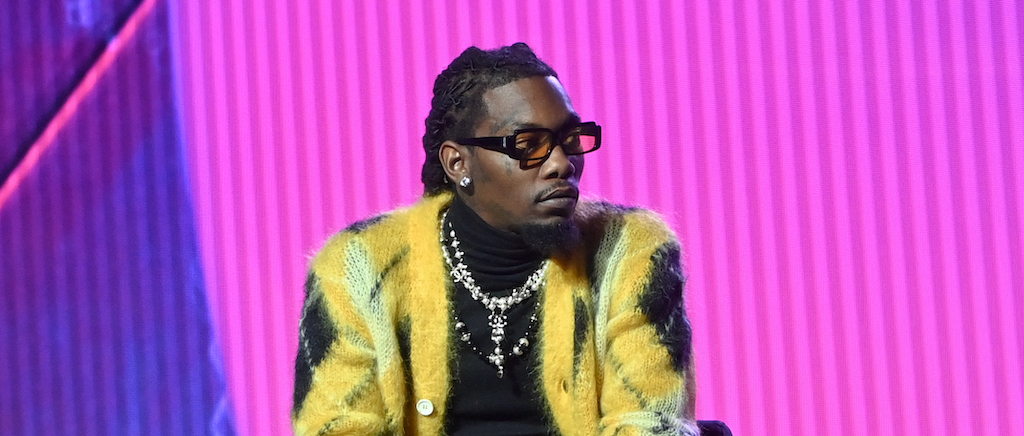

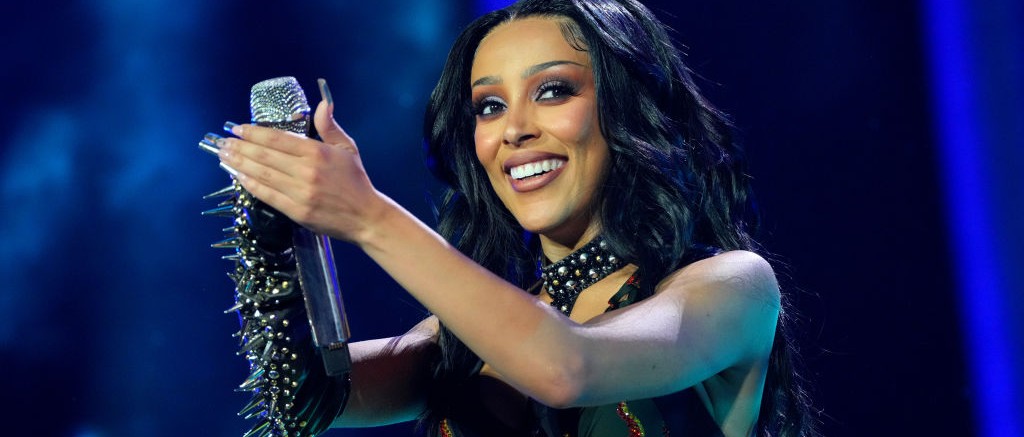

 (@kylethehooligan)
(@kylethehooligan)
 . Are you scared?
. Are you scared? 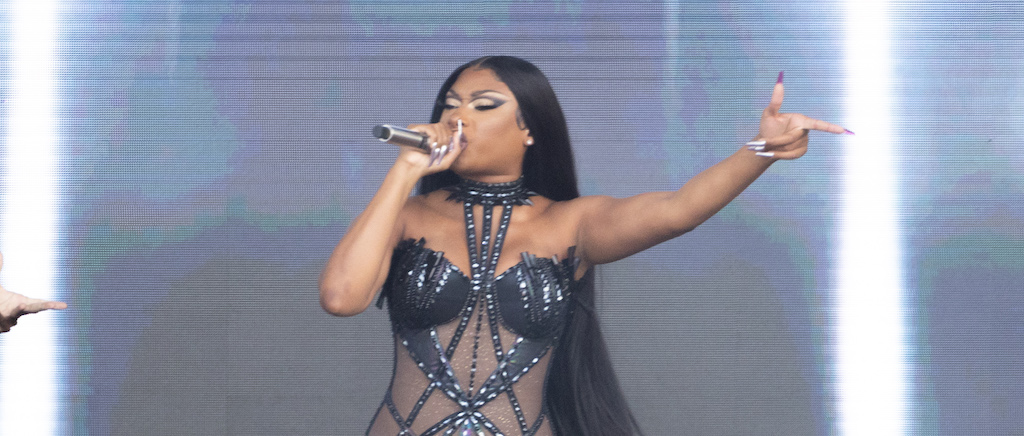


 I don’t need validation from the internet but I’m not weak either … beat me in court not the comment section
I don’t need validation from the internet but I’m not weak either … beat me in court not the comment section stop bringing up where I’m from and bring me my MONEY gn internet
stop bringing up where I’m from and bring me my MONEY gn internet